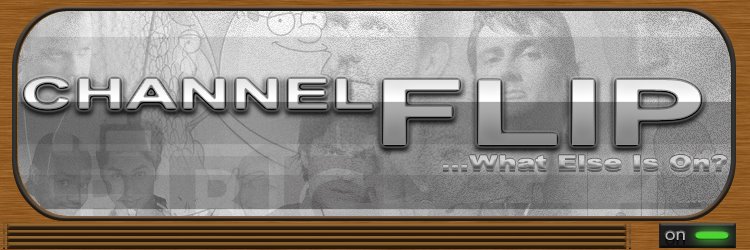Yes, I think that's a really confusing point if you don't know actually how homeopathic remedies are made. They're actually prepared in a very careful way which is a series of dilutions and what we call succussions, which is a vigorous shaking. We think that it's that process of diluting and shaking, diluting again and shaking which actually transfers the information into the remedy.
She didn't answer the question (it has no answer) and she referenced at least two bits of unsupported pseudo-scientific gibberish. All I'm saying is, Paxman would have pressed her on it, like he did when Paul Dennison tried to explain that there isn't any water in processed foods. Then Eames was allowed to say that "there have been over a hundred clinical trials [of homeopathy] and the majority of them do show positive results or at least positive trends" (this is only true if you stupidly include really crappy trials) and "there's also more evidence from laboratories now suggesting that homeopathic remedies do have some sort of physiological activity" (this is only true if you define "true" to mean "false" -- unfortunately I can't directly refute this claim because like most 'evidence' for alternative medicine it is as vague, elusive and nebulous as it is voluminous).
Next, the presenter complained that homeopathy isn't regulated. (This is perhaps out-of-date information, since the government launched Ofquack, but it's still basically right.) Then she asked "how can someone know they're getting a qualified homeopath?", which is as nonsensical a question as you'll ever hear. The homeopath was then allowed to say this:
The body that I belong to, the Faculty of Homeopathy, does have a list of registered practitioners so particularly if people have a serious medical condition I would strongly advise them to approach that organisation.
What?! That's advice that will get people killed. If people say things like that there should be a big flashing message at the bottom of the screen saying "DO NOT TRUST HOMEOPATHY TO CURE A SERIOUS MEDICAL CONDITION". It is, at best, a useful placebo to reduce pointless medication for self-limiting conditions. At least the presenter should have offered a counterpoint. Not only that, but she utterly failed to disclose, and this might seem like quite an important detail to forget, that she is the sodding president of the Faculty of Homeopathy (or at least she was this time last week -- it's hard getting information out of a homeopath without rapping them hard against a hard but elastic object such as a leather-bound book). Oh yes, investigative blogging, this, where "investigative" means "Google". Essentially, the BBC is giving a deluded quack a platform to promote her own organisation by posing as an ordinary user of that organisation and giving potentially lethal advice and misinformation. I'm fairly sure there are rules against that.
After that was an item about the song Baydon Races. You have very much not lived until you've seen Myleene Klass playing football anthems on the accordion using one finger. At the end, there was an "art psychologist" on, who had figured out just by looking at someone's favourite pictures that she was fun, sociable, and creative (which I think almost anyone will agree to) and a couple of obvious things formed by taking an adjective that describes the painting and applying it to the owner and "possibly a woman, rather than a man", then stated very wrongly that she was probably a housewife, and failed to work out that she was an artist. It would seem to me that at least being able to identify an artist when you see one standing in front of you in a room full of paintings would be a pretty simple job for an "art psychologist", but apparently "art psychology" is not what you'd call an exact science.



No comments:
Post a Comment